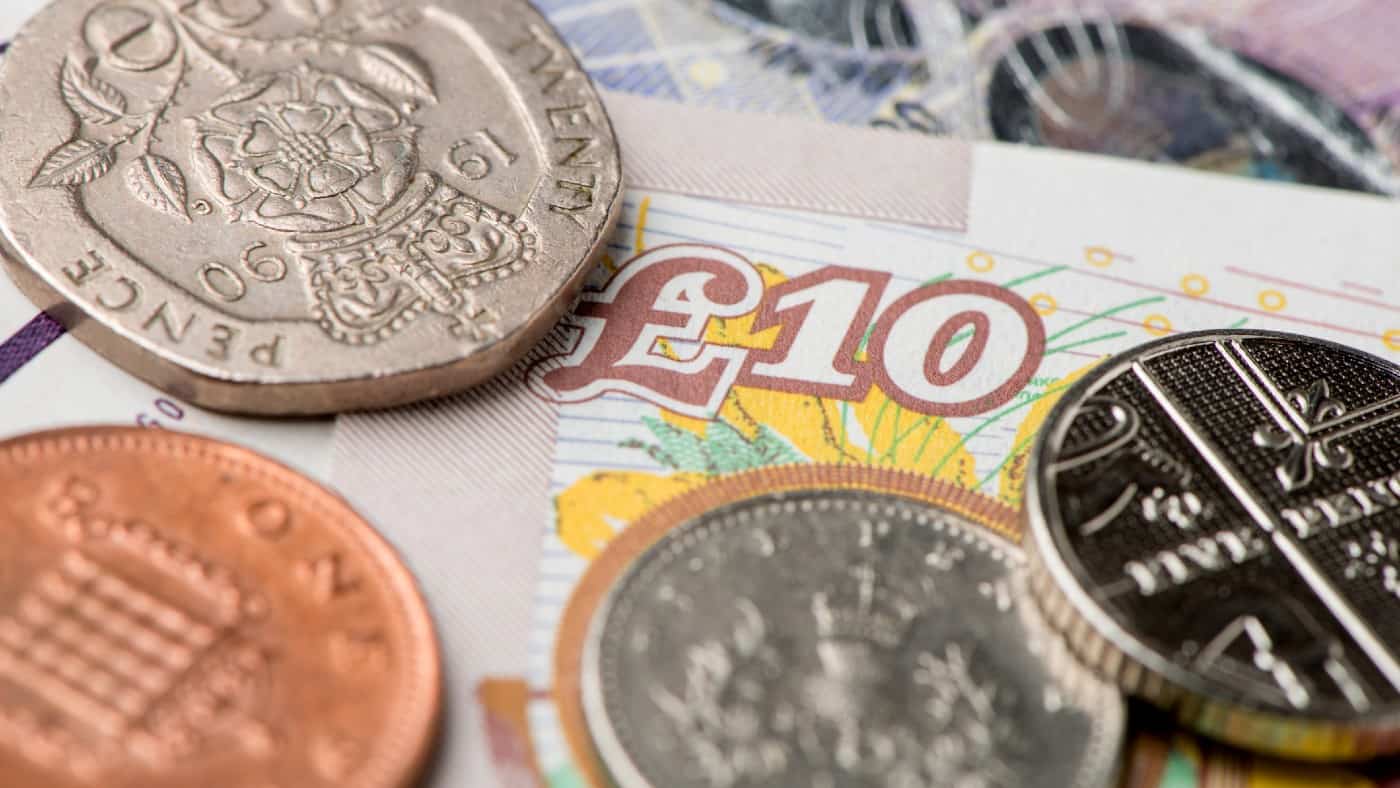Over the past year, the Lloyds Banking Group (LSE:LLOY) share price is down by less than 1%. However, the progress on paying out dividends has increased. So although some might be considering Lloyds shares for capital growth, I’m interested in the potential income offering. Here’s why I think this could be a smart play.
Building a track record
I’m going to split the dividend payouts into pre-pandemic and then post-pandemic. The importance of this is to take into account the halt in the dividend during the first part of the pandemic. This was imposed by the financial regulator to ensure that banks had enough cash flow to support themselves.
Since then, Lloyds was able to start by paying an interim dividend of 0.67p per share last year, with a final dividend of 1.33p. In the latest half-year results, the interim dividend for this year jumped to 0.8p.
So even though it’s at an early stage, I think it’s clear the business wants to rebuild the dividend as quickly as possible. In its 2017 and 2018 financial years, the total dividend per share was above 3p. I think there’s clear upside for the final dividend later this year to increase andj try and get closer to that mark.
Better financials support dividend growth
Another reason why I think buying Lloyds shares is a good idea is due to the improving financials. After all, dividends are mostly paid out of earnings. So I need to see higher profits in order to correlate to getting paid a larger dividend.
In the half-year results, net income jumped 12% versus the previous year, to sit at a healthy £8.5bn. A key way the bank makes money is by earning a margin from the deposits it holds. For example, even though I might only get paid less than 0.5% on my cash account, Lloyds is making considerably more (as the base rate is currently at 1.75%).
The report mentioned that “deposit balances are now up almost £70bn since the end of 2019”. This will help to boost net income going forward.
Stagnant Lloyds shares aren’t a problem
I’m not outright bullish on the Lloyds share price. Concerns around the cost-of-living crisis and a looming UK recession will likely keep a lid on any sharp rally in the price. Yet I don’t see this as a bad thing for an income investor like myself.
If interest rates stay high, the bank should remain profitable. If the share price stays flat but the dividend per share increases, the dividend yield also rises. At the moment, the yield is 4.34%. This is already above the FTSE 100 average. But if the yield increases further, it really does start to be a gold mine.
So even though I do see negative sentiment limiting share price upside, I think the rationale for future dividends is sound. As a result, I’m considering buying the shares now as an income play.








